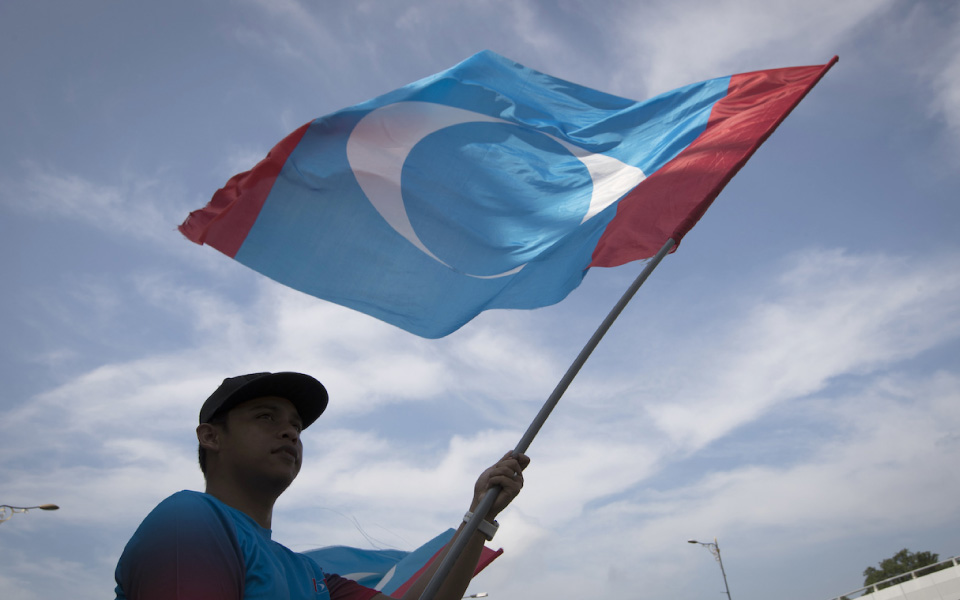
What’s just happened
On October 10, 2025, Prime Minister Anwar Ibrahim (also Finance Minister) presented Malaysia’s Budget 2026 in Parliament. The budget is framed as the Fourth Madani Budget: People’s Budget (Belanjawan Madani Keempat: Belanjawan Rakyat).
The big picture
- Total allocation: RM 470 billion (up ~11.6 % from Budget 2025)
- Operating outlays and development spending both expanded, with emphasis on social aids, infrastructure, and growth sectors.
- But some analysts note a tighter underlying envelope: core budget estimates suggest RM 419.2 billion, excluding contingency funds — marking a slight contraction vs. previous.
What’s in It for the People (and the Economy)
1. Cash handouts & social assistance
- RM 100 one-off aid for all Malaysians aged 18+ (22 million people)
- The Sara / Sumbangan Asas Rahmah (STR) payout will be advanced to Oct 18, with RM 100 credit via MyKad.
- Childcare tax reliefs expanded: up to RM 3,000 relief now extended to children up to age 12.
- Legal aid for 5,000 poor single mothers; expanded income tax relief for admission fees to local tourism and cultural sites (up to RM 1,000)
2. Infrastructure & development push
- Sabah, Sarawak receives higher development allocations; RM 48 billion for highway & transport works.
- Flood mitigation: RM 2.2 billion for 43 high-priority projects, plus slope, drainage, and preventive maintenance.
- “Cash-for-clunkers” scheme: matching grant up to RM 4,000 for owners scrapping > 20-year-old vehicles and purchasing new local models.
3. Business, tech, and sector support
- GLIC / GLCs mobilize RM 16.5 billion in investment; GEAR-UP to raise domestic investment from RM 25 → RM 30 billion.
- SME & Bumiputera aid: RM 50 billion in loan guarantees; special allocations for Bumiputera contractors (G1–G4), startups, and equity programmes.
- Sovereign AI Cloud: RM 2 billion via MCMC; digital accelerator grants and Green Asset Incentives.
4. Tax, subsidy & regulatory tweaks
- Excise duty on alcoholic beverages raised 10% (effective Nov 1, 2025)
- Carbon tax introduced in 2026, initially targeting iron, steel, energy sectors.
- Vehicle tax exemptions in Langkawi / Labuan now capped to vehicles valued under RM 300,000 from Jan 1, 2026.
- Stamp duty relief for first-time homes (≤ RM 500,000) extended to 2027; non-citizen residential property transfer duty raised from 4 % → 8 %.
- “Lemon Law” elements will be added to Consumer Protection Act to protect buyers.
Fiscal Discipline & Risks
Deficit & revenue
- The government aims to narrow the fiscal deficit to ~3.4–3.6 % of GDP, from ~3.8 % this year.
- Revenue target: RM 343.1 billion, up from RM 334.1 billion.
- The state oil & gas giant Petronas is expected to contribute only RM 20–25 billion in dividends — a decline from RM 32 billion this year — amid weak oil prices.
Caution over big moves
- Analysts say the budget reflects a cautious, disciplined approach, balancing between pro-people measures and fiscal reform.
- Some observers note that despite the headline RM 470 billion, the “real” core allocations present a leaner stance.
- Anwar has also paused major new taxes or sweeping subsidy cuts for now, likely to avoid public backlash.
External and structural risks
- Global oil price volatility could pressure Petronas revenues and ripple into federal coffers.
- Trade tensions and tariffs, especially U.S. 19 % tariffs on many Malaysian exports, pose external demand risks.
- Efficient implementation, leakages, and coordination among federal, state entities remain perennial challenges.
Why It Matters (and What to Watch)
- Signal of continuity + prudence: Budget 2026 suggests the Anwar government intends to maintain a pro-growth, pro-rakyat posture while avoiding aggressive fiscal pivots.
- Welfare support under strain: As cost of living pressures remain high, handouts and subsidies are critical for public confidence.
- Investment pivot: Big bets on digital, AI, green transition, SME growth, and GLIC/GLC leverage could reshape Malaysia’s economic trajectory.
- Test ahead: The next test will be tax collection, public debt sustainability, and whether promised reforms translate into real-world impact.
Watch for
- How carbon tax is rolled out and which sectors are impacted
- Whether proposed excise & duty increases spark inflationary pressure
- Execution of infrastructure / climate adaptation schemes
- Petronas dividend trajectory in a low-oil price era









